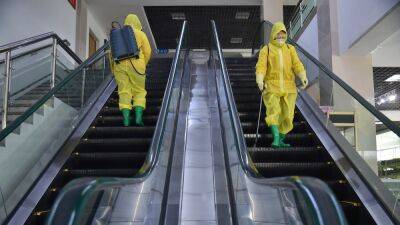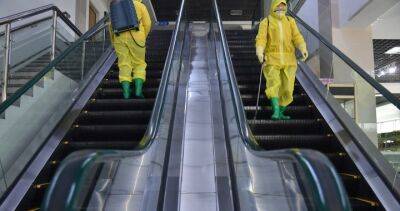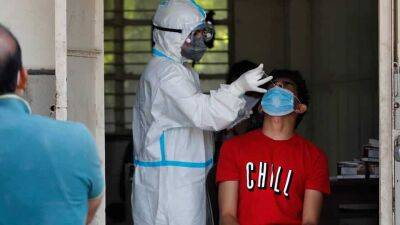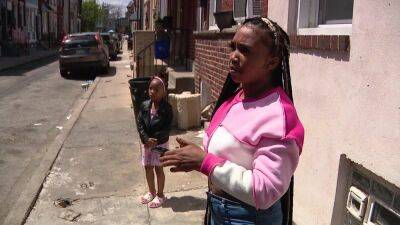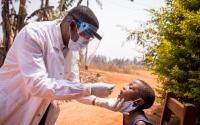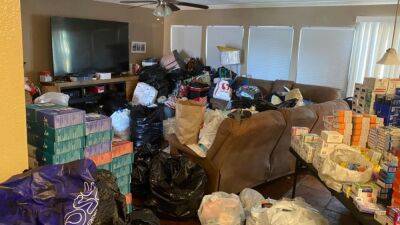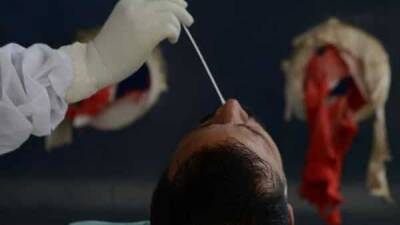Covid new variants: “We will fail in the next phase of pandemic if…,” WHO on being prepared for new strains
WHO official asserted, In order to protect our future, we must deal with the present. If we fail now to vaccinate everyone, if we fail to continue diagnosing, if we fail to find the people who can benefit from the treatment, then we will fail in the future. “If we fail now, at the last lap, fail to get everyone vaccinated, fail to continue diagnosis, fail to find people who might benefit from treatment, then we will completely fail in the next pandemic.""In order to protect our future, we must deal with the present.If we fail now to vaccinate everyone,if we fail to continue diagnosing,if we fail to find the people who can benefit from the treatment, then we will fail in the future"-@DrMikeRyan pic.twitter.com/CDWfsWaTSM Earlier this week, WHO also pointed out that with the virus still circulating, the risk of more deadly variants emerging still remains.
WHO warned that with winter approaching for Southern Hemisphere countries, “there is a high risk of another wave of new COVID infections." The coronavirus spreads more easily in cooler temperatures when people are more likely to gather in larger numbers indoors. “With the virus still circulating, the risk of new and potentially more deadly variants emerging remains, and the pandemic control measures are pivotal to effective response to a surge in infections," said Dr.
Matshidiso Moeti, WHO's Africa director. Detailing the current COVID-19 scenario globally, World Health Organization (WHO) notified Covid cases and deaths in Africa have dropped to their lowest levels since the pandemic began.
WHO on Thursday in its report said, COVID-19 infections due to the omicron surge had “tanked" from a peak of more than 308,000 weekly cases to fewer than 20,000 last week.
Read more on livemint.com



